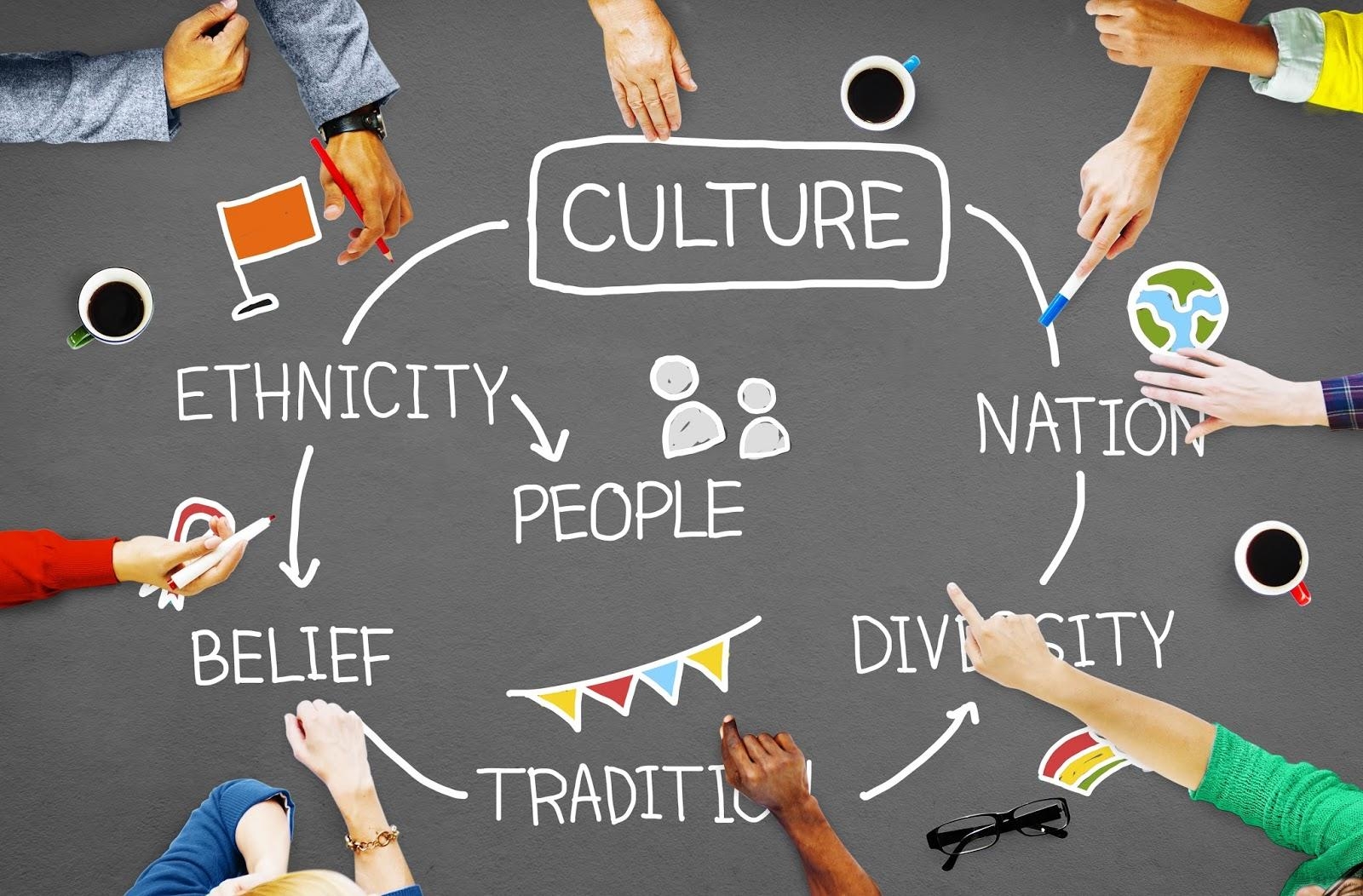In an increasingly diverse world, cultural competence is becoming a cornerstone of effective mental health care. Cultural competence refers to the ability of mental health professionals to understand, respect, and effectively respond to patients’ cultural backgrounds, beliefs, and practices. This skill is essential as cultural nuances significantly influence how individuals perceive mental health, seek help, and respond to treatment. A culturally informed approach not only improves patient outcomes but also builds trust and reduces disparities in care.
This article explores why cultural competence matters, its impact on mental health treatment, and strategies to integrate it into modern therapeutic practices.
Understanding Cultural Competence in Mental Health
What Is Cultural Competence?
Cultural competence in mental health involves recognizing and respecting diverse cultural frameworks and tailoring care to meet the unique needs of each individual. This includes being aware of cultural differences in communication styles, values, family dynamics, and attitudes toward mental health. For instance, some cultures may view mental illness as a stigma, while others may frame it in spiritual or communal terms.
Why It Matters in Therapy

Mental health conditions do not occur in a vacuum; they are influenced by cultural context. A lack of cultural competence can lead to misunderstandings, misdiagnoses, and ineffective treatment plans. For example, a clinician unfamiliar with a patient’s cultural background may misinterpret culturally appropriate behaviors as symptoms of a disorder. Conversely, cultural competence can enhance rapport, promote engagement, and foster better outcomes.
The Impact of Cultural Competence on Mental Health Outcomes
1. Bridging the Communication Gap

Effective communication is central to successful therapy, but cultural differences can create barriers. Language, non-verbal cues, and differing perspectives on authority can all affect the therapeutic relationship. By being culturally sensitive, therapists can adapt their communication styles to align with patients’ preferences, making it easier to discuss sensitive topics like trauma, anxiety, or depression.
2. Reducing Disparities in Access to Care
Minority communities often face systemic barriers to accessing mental health services, including language barriers, financial constraints, and a lack of culturally competent providers. Cultural competence can address these challenges by creating a welcoming environment that reduces stigma and encourages diverse populations to seek care. For example, bilingual therapists or those trained in culturally specific interventions can significantly improve access and effectiveness.
3. Enhancing Patient-Centered Care
A culturally competent approach ensures that treatment plans are not only evidence-based but also aligned with the patient’s values and beliefs. This personalization fosters trust and increases the likelihood of adherence to therapeutic recommendations. For instance, incorporating traditional healing practices alongside modern therapies can make treatment more relatable and effective for certain groups.
Challenges to Achieving Cultural Competence
Implicit Bias in Mental Health Care
Even well-meaning professionals can harbor unconscious biases that influence their decisions. These biases can lead to disparities in diagnosis and treatment, with minority groups often underdiagnosed or overdiagnosed for certain conditions. Recognizing and addressing these biases is a critical step toward cultural competence.
Lack of Training and Resources
Many mental health professionals receive limited training in cultural competence during their education. Additionally, systemic issues such as a lack of diversity among therapists can make it challenging to meet the needs of diverse populations. Ongoing education, diverse hiring practices, and policy reforms are necessary to bridge this gap.
Balancing Universal and Individual Needs
While cultural competence emphasizes the importance of tailoring care, it is equally important to avoid stereotyping. Each individual’s experience is shaped by multiple intersecting factors, including their culture, socioeconomic status, and personal history. Striking this balance requires skill, empathy, and continuous learning.
Strategies to Foster Cultural Competence
1. Continuous Education and Training

Cultural competence is not a one-time achievement but an ongoing process. Mental health professionals can benefit from workshops, courses, and seminars that explore cultural frameworks, biases, and effective communication techniques. Training programs like Cultural Humility emphasize self-reflection and lifelong learning as key components of competence.
2. Collaborative and Inclusive Practices
Involving patients and their families in the treatment process can enhance cultural relevance. This collaborative approach respects the patient’s autonomy and acknowledges their cultural insights. For example, family therapy sessions can be tailored to reflect cultural values around collectivism or individualism.
3. Diversifying the Mental Health Workforce
Increasing the representation of diverse groups among mental health providers can naturally enhance cultural competence. Patients often feel more comfortable working with therapists who share or understand their cultural background, reducing barriers to care.

4. Utilizing Culturally Specific Interventions
Certain therapeutic approaches, like Narrative Therapy or Mindfulness-Based Stress Reduction, can be adapted to align with cultural narratives. For instance, mindfulness practices rooted in Eastern philosophies may resonate deeply with Asian patients. Similarly, storytelling traditions can be integrated into therapy for Indigenous communities.
The Future of Cultural Competence in Mental Health
1. Incorporating Technology
Telehealth platforms and apps are increasingly used to deliver mental health services, offering opportunities to enhance cultural competence. Features like multilingual support, culturally tailored content, and virtual reality simulations for clinician training can bridge gaps in care.
2. Addressing Global Mental Health Needs
As global migration increases, mental health providers must adapt to serve multicultural populations. International collaborations and cross-cultural research can inform best practices, ensuring that care remains relevant and effective in diverse settings.
3. Advocating for Policy Changes
Healthcare policies that prioritize cultural competence, such as mandating training for providers or funding community-based mental health initiatives, can institutionalize these practices. Advocacy efforts can also address systemic barriers, such as discrimination and lack of resources in underserved communities.
Conclusion
Cultural competence is essential for delivering equitable, effective mental health care in today’s diverse world. By understanding and respecting cultural differences, mental health professionals can build trust, reduce disparities, and improve patient outcomes. While challenges remain, ongoing education, inclusive practices, and systemic reforms can ensure that mental health care evolves to meet the needs of all individuals.
Are you interested in learning more about cultural competence or have experiences to share? Connect with us or explore our resources to see how cultural sensitivity is shaping the future of mental health care. Let’s continue the conversation!

Leave a Reply